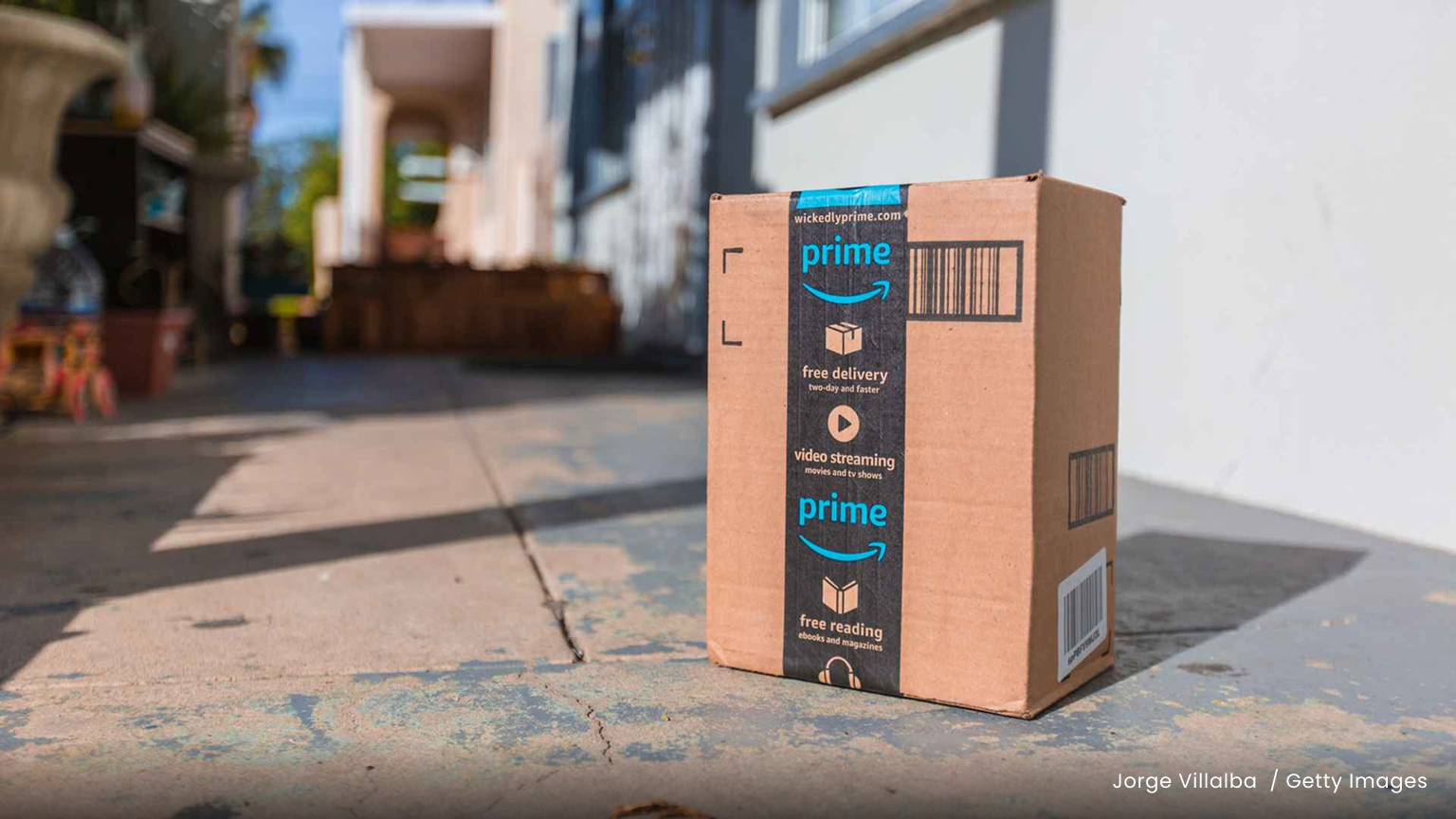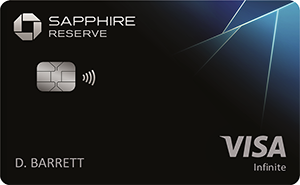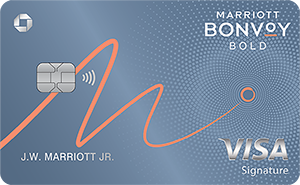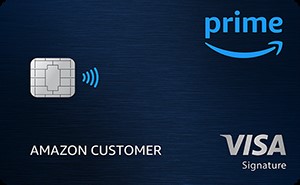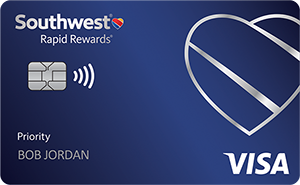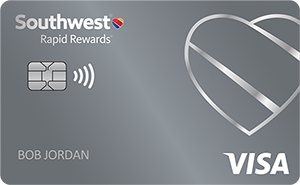What Credit Score Do You Need To Get the Chase Freedom Unlimited Card?

The Chase Freedom Unlimited® card is a straightforward, no-annual-fee knockout of a credit card. It comes with impressive earning rates of between 1.5% and 5% back for everyday spending like dining, travel and drugstore purchases. And it offers an easy-to-earn welcome bonus of $200 cash back after you spend $500 on purchases in the first three months of account opening.
But the card isn’t available to just anyone. You’ll need a good credit score to be considered for approval. Here’s what you need to know about being approved for the Freedom Unlimited — and what you can do to improve your chances.
Why Credit Score Matters for Credit Card Approvals
Your credit score is a quick way for lenders to see how trustworthy you are with borrowing money. The higher your score, the less “risky” you’re considered. That’s why a healthy credit score is critical to your financial success; it can help you to get a mortgage, take out an auto loan or even be approved for an apartment rental.
It can also dictate the types of credit cards you can open. The best credit cards (typically those that earn rewards) require you to have at least good credit. This includes the Freedom Unlimited card.
FICO is the most common credit score that banks examine when deciding whether you’re a good fit for a card. This measures your history of on-time payments, the amount of credit you’re using, the average age of your accounts, the velocity at which you open new accounts and the types of loans you’ve got.
Instead of FICO, some lenders may check your VantageScore — similar to FICO, but with slightly different factors.
What Credit Score Do You Need for the Freedom Unlimited?
Chase doesn’t reveal the exact credit score necessary to qualify for the Freedom Unlimited card. However, you should apply only if you’ve got at least a good credit score (defined by FICO as 670 or above).
A good rule of thumb when applying for rewards credit cards is to wait until your score is at least 700. It’ll give you a better chance at approval, and it could win you some comparatively lower interest rates. It may even affect your credit limit.
Just note that your credit score isn’t the only thing Chase will look at. An untold number of other variables (some mysterious) go into its algorithm to decide whether or not to approve your application. Let’s look at a few of them.
Freedom Unlimited Approval Odds: What Affects Them?
Again, while Chase plays close to the vest when determining who is worthy of the Freedom Unlimited card, some factors clearly play a role — namely, the most important ingredients of your credit report:
- Payment history: A history of late payments is the worst thing you can have when trying to be approved for the Freedom Unlimited. Pay your monthly loan bills on time.
- Credit utilization: If you’re using a lot of your available credit, Chase may get the impression that you’re opening up another credit card because you need money.
- Length of credit history: If you open and close credit cards regularly, your average account age will be low. This can signal that you’re not a great credit card customer. Banks would like for you to keep their cards when you open them.
Things like income, employment, and living situation also play a role. For example, if Chase perceives that your income isn’t enough to sufficiently pay your rent and other debts along with an additional card, you might be denied.
How To Check Your Credit Score Before Applying
It’s easy to take a peek at your score whenever you like. Many banks allow you to check your credit score for free through your online account, or you can use a service like Experian.
Checking your credit score will not hurt your credit, as it results in a “soft” inquiry. This is opposed to a “hard” inquiry which occurs when a lender is reviewing your loan application. It appears on your credit report as a sign that you tried to borrow money.
Tips To Improve Your Credit Score for Freedom Unlimited
To improve your credit score in preparation for opening the Freedom Unlimited card, focus on the two aforementioned weightiest factors:
- Pay off outstanding debts to improve credit utilization: Experts recommend that you keep your credit utilization below 30%. In other words, if you’ve got $10,000 in credit, you should keep your balance below $3,000. You may have to pay off your cards more than once per month to stay below the 30% threshold.
- Build a positive payment history: You don’t have to completely pay off your credit cards each month to have a healthy payment history (though you should, or you’ll be hit with interest fees). The minimum payment is all that’s required — so set your cards on autopay for the minimum, just in case you forget.
You should also scan your credit report intermittently to make sure that no errors have been included.
Common Application Mistakes To Avoid
There are a few common gaffes that can prevent your application from being instantly approved — and even result in an instant denial.
For example, if you enter inaccurate information, or if you forget to include a required detail, your application will likely begin pending while Chase manually combs over your application.
Chase also enforces its own unpublished unique application rules, such as:
- 5/24 rule: If you’ve opened five or more credit cards from any bank in the past 24 months (excluding most small business credit cards), you won’t be approved for most Chase credit cards, including the Freedom Unlimited.
- 2/30 rule: Chase typicall won’t approve you for more than two credit cards every 30 days.
Also keep in mind your credit profile, as an insufficient credit score can lead you to be instantly declined.
What To Do if You’re Denied for the Freedom Unlimited
If your credit card application is denied, there’s may still be hope. Call the Chase reconsideration line at 888-270-2127 to understand why you were declined. If it’s for a reason such as a low credit score or an application restriction, you’re likely out of luck. But sometimes you may be able to give the Chase representative more information that’ll change their mind. It’s worth a shot.
You may also have been denied because Chase isn’t willing to extend more credit to you. If you currently hold other Chase cards, you may be able to ask Chase to reallocate some of your current credit onto the new card. That way you won’t be any riskier to Chase.
If you’re not able to score an approval, you’ll get a letter from Chase in a week or two explaining the reason. Focus on overcoming that obstacle and continue to improve your credit profile. You can give it another go later (though it’s wise to wait at least six months before trying again). As an example, if you’re still trying to build credit, the Chase Freedom Rise® card is a great option that you can get even if you don’t have a credit score. As you use it responsibly, you’ll improve your chances for a Freedom Unlimited approval day by day.
How the Freedom Unlimited Compares to Other Cards
Because of its strong return rates, Freedom Unlimited is perhaps the best Chase credit card for everyday spending. You’ll earn:
- 5% back on travel booked through Chase Travel℠
- 3% back on dining and at drugstores
- 1.5% back on everything else
The 1.5% minimum earning rate makes it a great option for those whose spending doesn’t fall into common bonus categories. But depending on your spending habits, other Chase credit cards may be a better fit.
For example, the Chase Freedom Flex® card offers many of the same bonus categories as Freedom Unlimited, but its minimum return is 1%. However, it also offers 5% back on rotating bonus categories (up to $1,500 in spending per quarter, then 1%) after you activate. These spending categories historically include things like Amazon, eligible grocery stores, gas stations and more.
Or, if you travel a few times per year, you’ll likely benefit more from a card like the Chase Sapphire Preferred® Card. It comes with excellent benefits, including travel insurance — and you can transfer its rewards to airline and hotel programs for (nearly) free travel.
It’s worth noting that Chase allows you to hold all of these cards at once. So if you think more than one can serve your lifestyle, there’s no harm in having multiple cards.
The information related to the Chase Freedom Rise® and Chase Freedom Flex® was collected by CardCritics™ and has not been reviewed or provided by the issuer of this product/card. Product details may vary. Please see issuer website for current information. CardCritics™ does not receive a commission for this product.
Frequently Asked Questions
What is the minimum credit score for the Freedom Unlimited?
Chase doesn’t state a specific minimum credit score for the Freedom Unlimited, but data points suggest you should have at least a 670+ FICO score.
How can I improve my approval odds?
To improve your odds of getting the Freedom Unlimited, work on boosting your credit profile with on-time payments and low credit utilization. It’s not a bad idea to wait until your credit score is at least 700 to give yourself the best chance.
Can I qualify for the Freedom Unlimited with a fair credit score?
You will almost certainly be declined for the Freedom Unlimited with a fair credit score (a FICO score between 580 and 669).
Does Chase conduct a hard inquiry during application?
Chase conducts a hard credit inquiry when you formally submit your application for the Freedom Unlimited.
What income level is required for approval?
There is no hard income level rule to be approved for the Freedom Unlimited — but Chase must be confident that you can pay your bill each month. If your debt-to-income ratio is too high, Chase may consider you too risky of a prospect.
- Why Credit Score Matters
- Credit Score for Chase Freedom Unlimited
- Factors for Getting Approved
- How to Check Your Credit Score
- How to Improve Your Credit Score
- Common Application Mistakes To Avoid
- What to Do If You’re Denied
- How the Freedom Unlimited Compares to Other Cards
- Frequently Asked Questions



